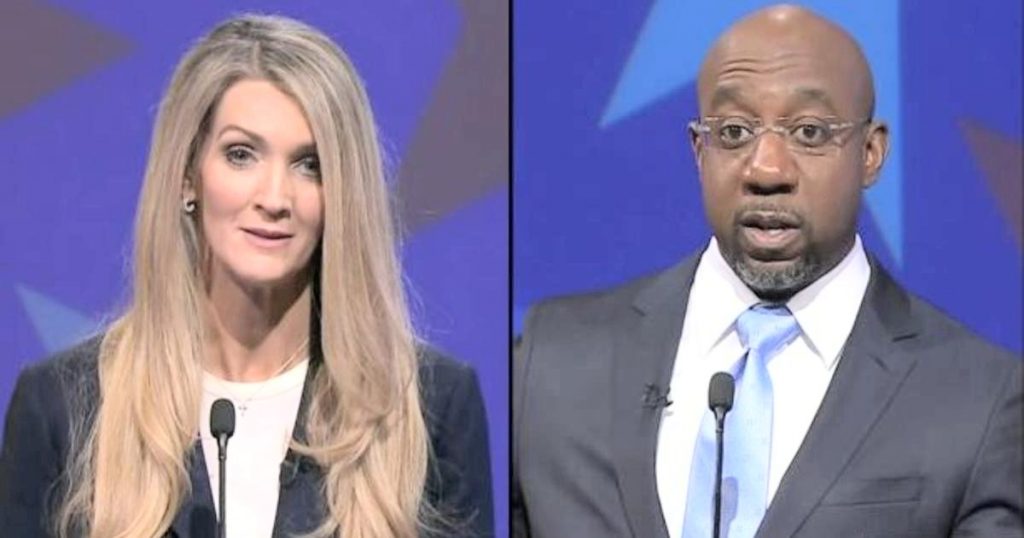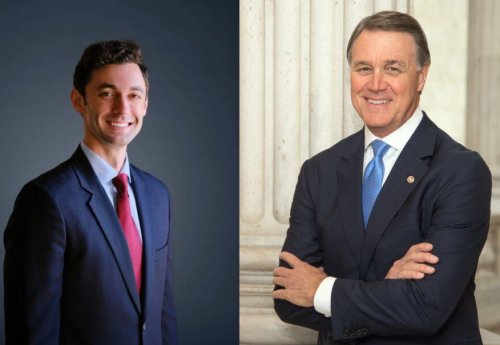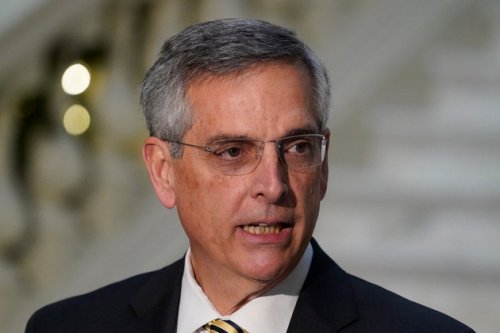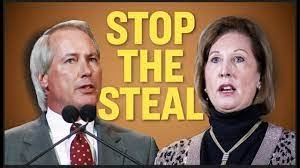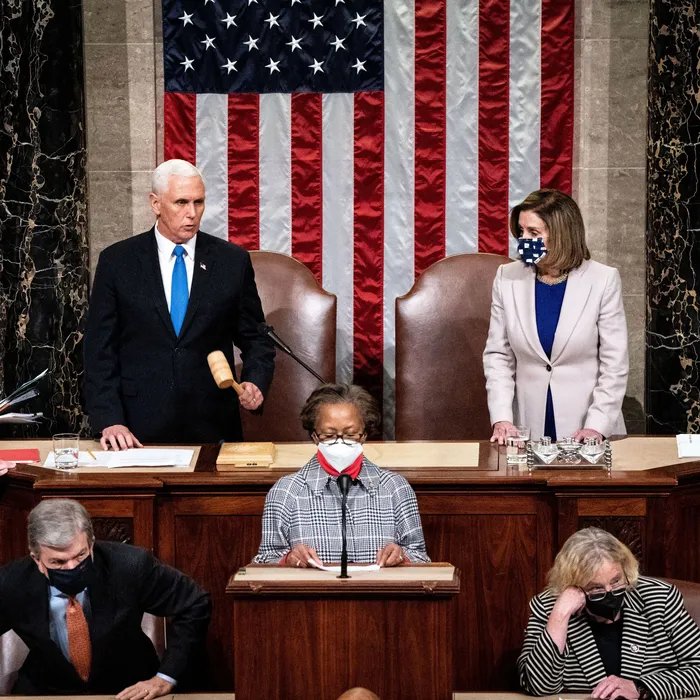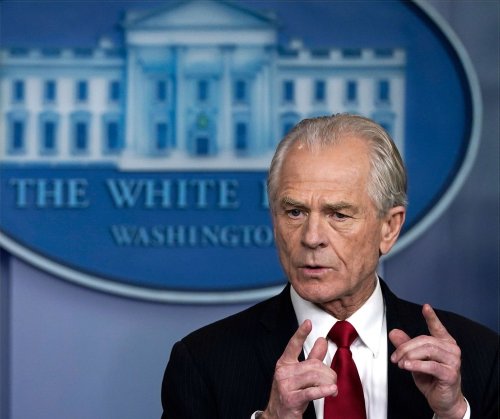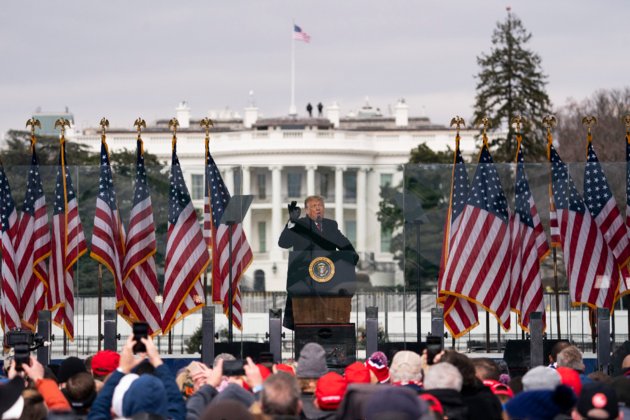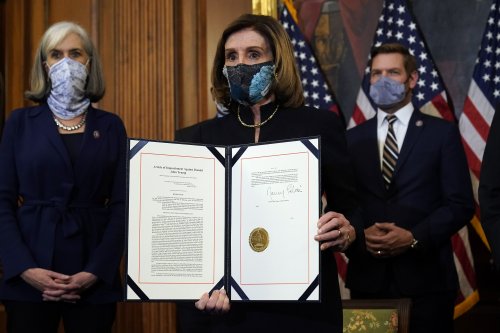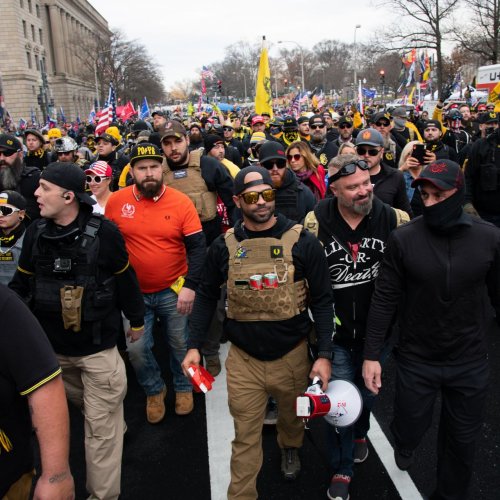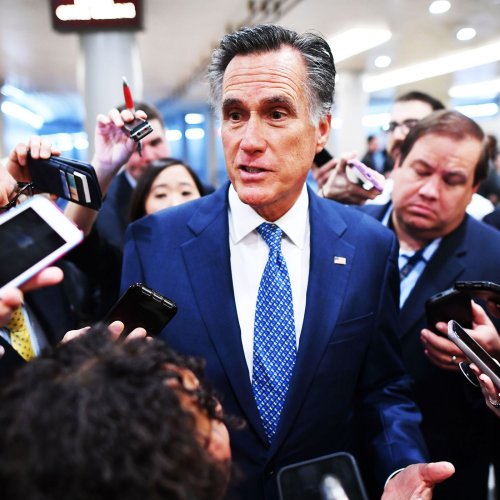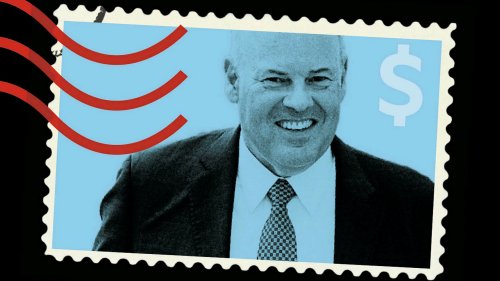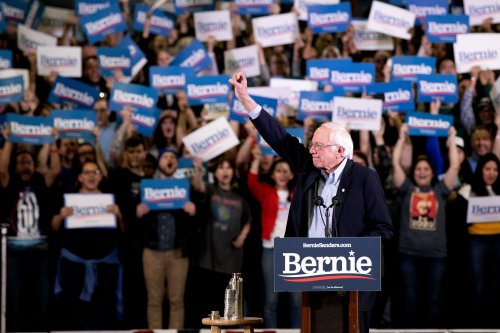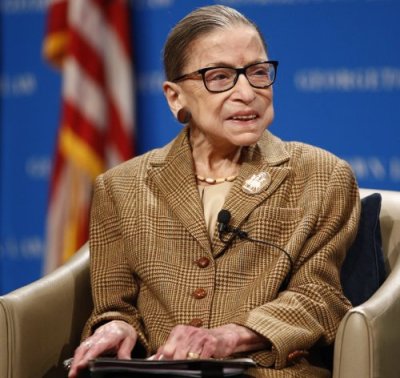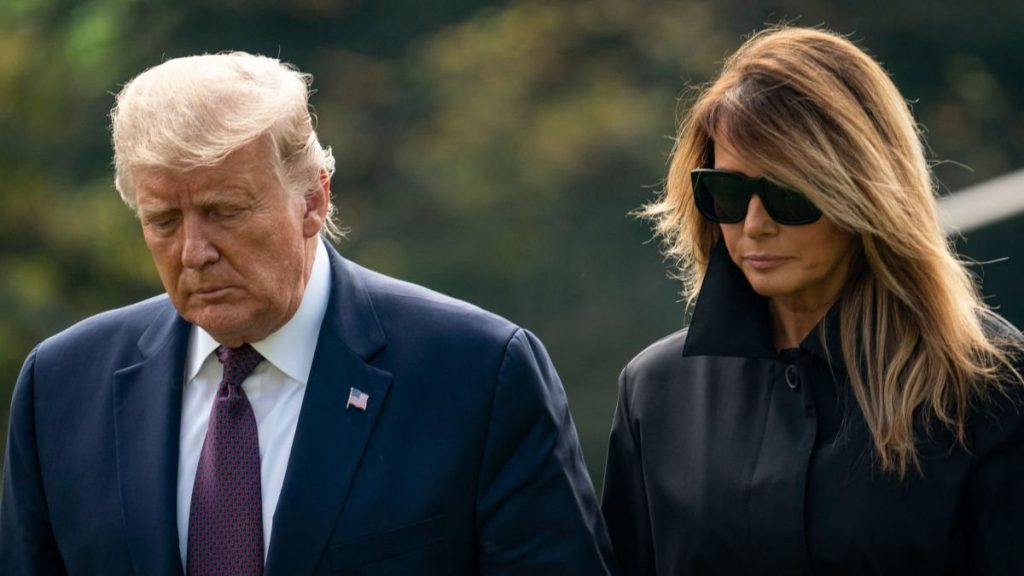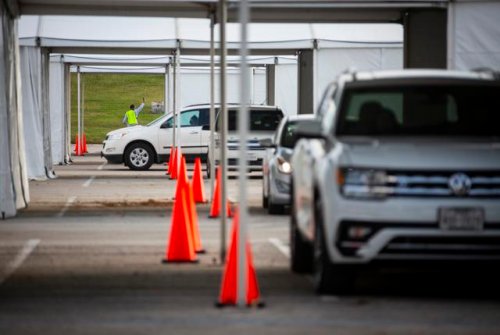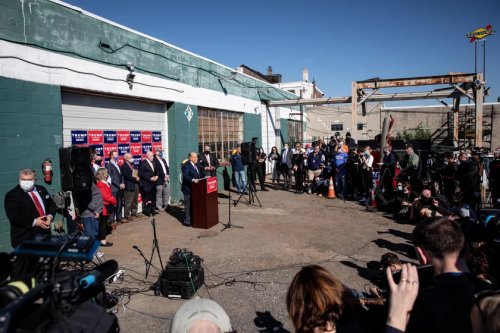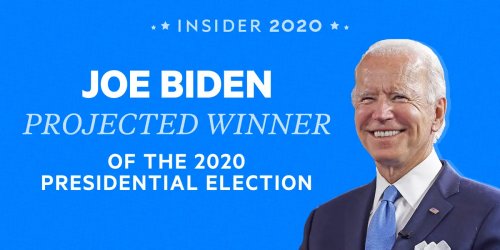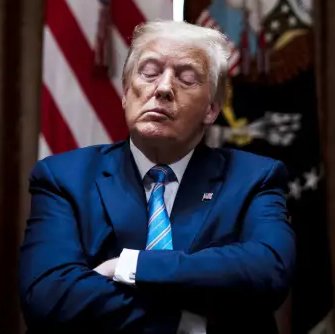Not yet posted. Continue reading
Deciding how to approach this subject was very difficult. Just listing the events of early January of 2021 would be one possibility, but the period was so bizarre and such a unique moment in American history that it seemed necessary to supply a good deal of context. At the center was, of course, Donald J. Trump. Almost half of the country considered him a great president, if not the second coming of Christ. The rest of us looked at his very well-documented history and recognized a spoiled rotten, lying, cheating, cowardly, philandering, racist, misogynistic, selfish, godless, bullying criminal whose only association with any government should be in the confines of the penal system.
The first group was apparently convinced (or let themselves believe) that the election had been rigged or stolen or some combination of both. How did they come to this conclusion? I don’t know. All of their lawsuits (save one) were dismissed out of hand even by judges that Trump had appointed. Perhaps they were prompted by Trump’s continued insistence over the preceding few months that the only way that he could lose was if the election was rigged. Some were probably swept away by the enthusiastic reception he got at his carefully staged rallies. Some may have been persuaded by Fox “News” and other media outlets that served as megaphones and echo chambers for his claims. Some may have been persuaded by their pastors that the preservation of the (white) Christian religion required that this psychopathic narcissist be elected.
Trump himself set the stage for this. He has always called himself a winner. He started his business with his nine-figure inheritance, but his whole “empire” was on the verge of bankruptcy. Many of his companies ended in abject failure. His TV show won a few Emmys, but they lost in the last few years to The Great Race because, according to him, the elections were rigged.
Hilary Clinton got three million more votes than he did in 2016. He never accepted this fact even though his hand-picked people could find no evidence whatever to support his oft-repeated repeated lie that he had somehow won the popular vote. To the best of my knowledge he has never admitted that he made a mistake or even a questionable decision. Everything that he does is as “perfect” as the phone call that he made to Volodymyr Zelensky on July 25, 2019.1
To me he was a dangerous and evil person. Fortunately he was not very smart, and he was stunningly ignorant.
Georgia: Most eyes were on the runoff election on January 5 for the two U.S. Senate Seats. Rev. Raphael Warnock was challenging the incumbent Republican, Kelly Loeffler (who had been appointed by the governor), and Jon Ossoff faced off against the incumbent Republican David Perdue. The polls showed indicated that both races would be too close to call.
Trump traveled to Georgia and held a few rallies, but he did not really promote either Republican candidate or even attack the Democrats. Instead he insisted without any evidence that he had been cheated, both in Georgia and in the other “swing” states. The people that he mostly attacked were two Republicans, Governor Brian Kemp and Secretary of State Brad Raffensperger. He also called on both of them to resign.
Trump had telephoned Raffensperger on January 2. He urged him to use any means he could to overturn the election in Georgia. Raffensperger recorded the call. Trump’s exact words were “What I want to do is this. I just want to find, uh, 11,780 votes, which is one more than [the 11,779 vote margin of defeat] we have, because we won the state.” He also phoned officials in at least two other states to urge them commit election fraud and overturn the authenticated results.
The two attorneys who had crafted and presented many of Trump’s losing lawsuits, Sidney Powell (a woman) and Lin Wood (a man) held a rally in Alpharetta, GA, in which they encouraged Republicans not to vote in the runoff election! Perhaps some Republicans were persuaded. In any rate both Warnock and Ossoff were elected on January 5. So, after the two winners took their oaths of office, Congress contained fifty senators from each party.
January 6: While most Democrats were celebrating the victories in Georgia and fashioning their legislative agenda, Trump and his minions focused their attention on a ceremony that always occurred for the Capitol. A joint session of the Congress was scheduled for 1 o’clock on January 6 to receive the electoral counts from the states. The President of the Senate, Vice President Mike Pence would then presumably utter the words that made the election official: “The announcement of the state of the vote by the president of the Senate shall be deemed a sufficient declaration of the persons elected president and vice president of the United States.” This ritual had been performed after each election. When it was implemented in the eighteenth century it took days to get from some states, where the votes had been counted and the electors chosen, to arrive at the capital. As long as one candidate had a majority of the electors, there had never been any controversy of note.
Trump and/or his minions had long ago targeted this day as the final step2 in preventing Biden’s inauguration. Their primary hope was to pressure Mike Pence into refusing to validate the results. The secondary hope was to pressure the states, some of which were controlled by Republicans, to submit an alternate slate of electors who had supported Trump.
Trump had tweeted at 1:42 in the morning on December 19, making reference to an analysis by Peter Navarro3: “Statistically impossible to have lost the 2020 Election. Big protest in D.C. on January 6th. Be there, will be wild!”
National Public Radio posted a timeline of the events of January 6 in and out of Washington. It can be viewed here. It is stunning to read because it makes it very clear that this was an organized and coordinated attempt to thwart the wishes of the people—Trump lost by eight million votes!—and violate the spirit and letter of the law through the deployment of a bunch of deluded fascistic vigilantes.
A rally was scheduled to take place on the Ellipse just south of the White House. Trump addressed the crowd,a large percentage of which were outfitted in camos and military gear, in person. He stood in front of a line of American flags. The White House was visible behind him. He spoke for an hour, which was rather short for him. He emphasized that the election had been stolen from him and that it was up to patriots like those assembled in front of him to fight—a word that he used in one form or another twenty times in the speech—for a just resolution of this outrage.
He concluded his speech just as the Speaker of the House, Nancy Pelosi, was convening the joint session. His last words were “We’re going to the Capitol. We’re going to try and give them [Republicans] the kind of pride and boldness that they need to take back our country.”
Needless to say, Ol’ Bonespurs had no intention of personally leading his ragamuffin army to the Capitol. Instead he returned to the White House and tweeted. His twenty-five tweets for that day have been archived here.
The plan did not work, but it was almost a disaster. The attack on the Capitol was not repulsed until after 6PM. After many interruptions by right-wing congressmen Pence finally uttered the magic phrase at 3:43 on the morning of January 7. Because of the outlandish lies and the dog-whistle calls for violence Facebook and Twitter both suspended Trump’s accounts.
On January 11 a single article of impeachment charging Trump with “incitement of insurrection” against the U.S. government and “lawless action at the Capitol” was introduced to the House of Representatives. It was passed two days later with ten Republicans and all the Democrats voting in favor.
Although almost every senator—even Lindsey Graham—had denounced Trump’s attempted coup, the vote in the Senate for conviction on February 13 was 57-43, far short of the 67 votes needed for conviction. Most Republicans argued that even the process of impeachment would do more harm than good and/or that it was not legal to impeach a former president. Few, if any, had much to say about the criminality of Trump’s actions.
Over the next two years almost one thousand people were charged with crimes related to the attempted coup. Hundreds pleaded guilty or were convicted. At least one hundred have been sentenced to prison. Two leaders of the Oath Keepers were convicted of seditious conspiracy. Trump has several times promised to consider pardoning everyone involved in the attempted coup if he is elected president in 2024..
1. The first impeachment of President Trump is described here.
2. I had feared that Trump would just not leave. I hypothesized that he would gather together the Proud Boys, the Oath Keepers, and others of their ilk and order them to protect him. He might even order members of the armed forces and/or the Secret Service to join him in a coup. I was not a bit sure that the military could be counted on to defend the orderly transition of power after the president, their Commander in Chief, had been calling the election “rigged” (by a party not in power!) for at least six months.
3. Navarro’s training and experience are in economics, not statistics. However, he was never shy about voicing radical opinions beyond his expertise. He was also one of the most vocal advocates of the worthless drug hydroxychloroquine as a treatment for COVID-19 and disparaged actions endorsed by the public health community.





